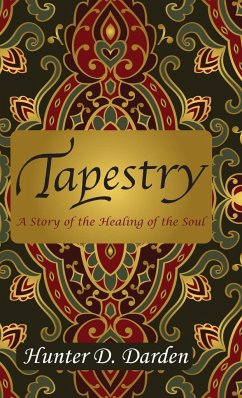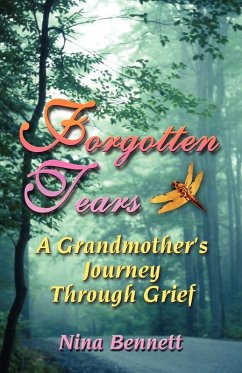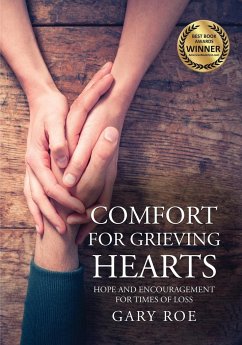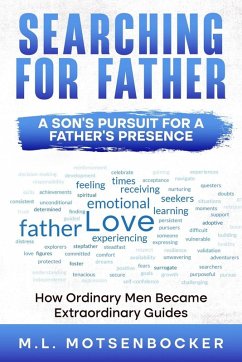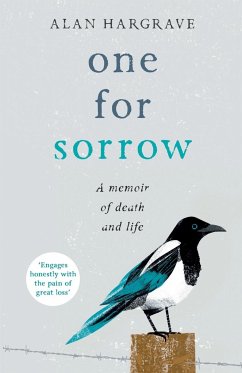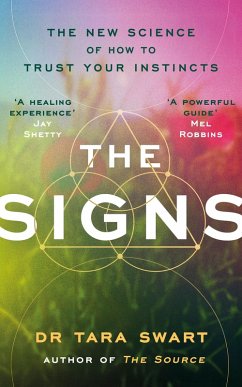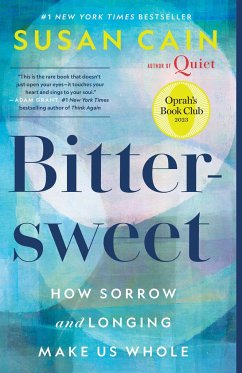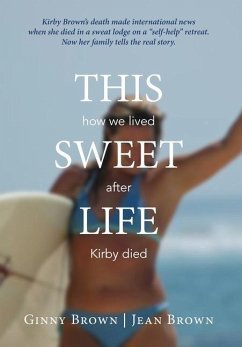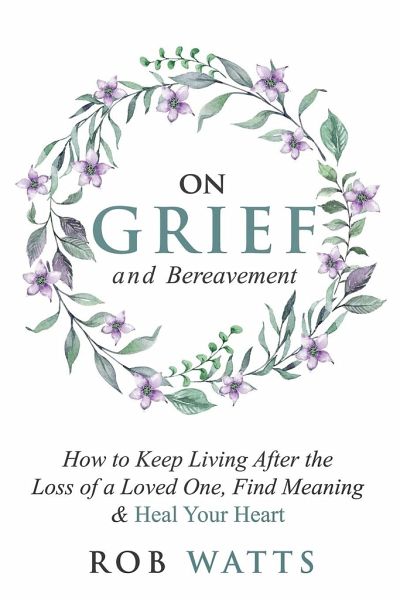
On Grief and Bereavement
How to Keep Living After the Loss of a Loved One, Find Meaning & Heal Your Heart
Versandkostenfrei!
Versandfertig in 1-2 Wochen
16,99 €
inkl. MwSt.

PAYBACK Punkte
8 °P sammeln!
Will Your Heart Ever Heal Again? In the very beginning, it feels like your heart is breaking into a thousand little pieces. You'll find it difficult to breathe, as if someone had punched you in the chest and squeezed every last drop of air from your lungs. Grief isn't just psychological, it can have profound effects on your health, your cognitive abilities and even your desire to live. When you lose a loved one the world stops making sense. Chances are that you find it difficult to maintain a sense of normalcy, to keep on going when you feel like crawling in bed, curling up in a little ball an...
Will Your Heart Ever Heal Again? In the very beginning, it feels like your heart is breaking into a thousand little pieces. You'll find it difficult to breathe, as if someone had punched you in the chest and squeezed every last drop of air from your lungs. Grief isn't just psychological, it can have profound effects on your health, your cognitive abilities and even your desire to live. When you lose a loved one the world stops making sense. Chances are that you find it difficult to maintain a sense of normalcy, to keep on going when you feel like crawling in bed, curling up in a little ball and spending the next year under your blanket. While loss is a normal part of our human existence, we are never fully prepared for its impact. If only we had one more day, a few more hours to tell that special someone how much we love and appreciate them. Unfortunately, reality doesn't work this way. On top of that, societal notions of grief are tremendously skewed. You're anticipated to be tough, you're often being told that you have to get over it. That's not how grief works. It's not a switch you can flick on and off. Grief will be with you for the rest of your life. Time doesn't heal such wounds. But you can learn to live with the loss, find purpose, meaning and joy in life again. In On Grief and Bereavement, you will discover:Why it's ok to feel that the world has gone mad and it's not making sense anymore (and no, you're not going crazy) The reasons why assurance and spiritual advice could make you hate people after a loved one has passed Why numbness is normal and you're not broken if you don't feel anything What to do when sorrow is substituted by confusion, anger and eventually apathy The 5 stages of grief and reasons why the model is so wrong Biggest and most detrimental myths about grieving debunked A step-by-step strategy for recovery and finding a new reason to live When has the time come to go back to work and be a productive member of society Reasons to seek professional assistance, especially if the pain doesn't subside The length of the grieving process: How long will it take to stop feeling that intense pain And a lot more. Right now, you feel like you're alone in this world. Nobody has gone through what you experience, nobody has been in your shoes. However, the truth is, millions of others have had to face a devastating loss. It has turned their lives upside down and some haven't been capable of recovering. You will get better. Right now, however, you have to gain a better understanding of what grief is doing to you, how it's affecting your family and what it takes to heal.One day, you will remember your dear departed fondly and the pain will subside. Get this book now if you want to discover new meaning and continue the legacy of that special person.






